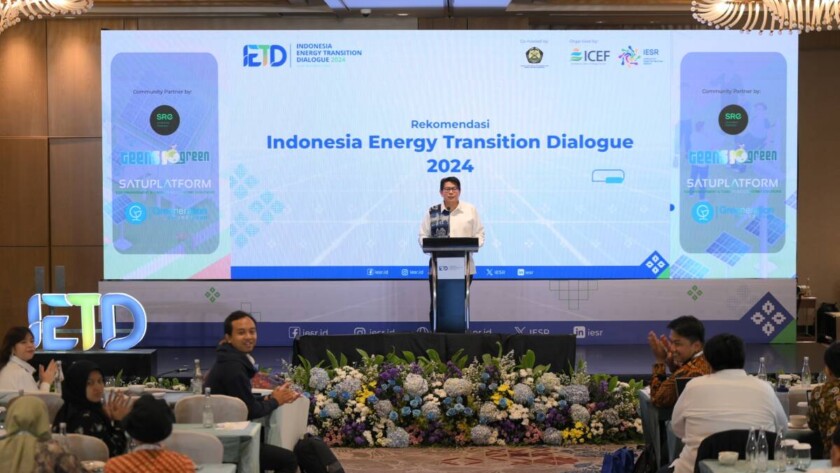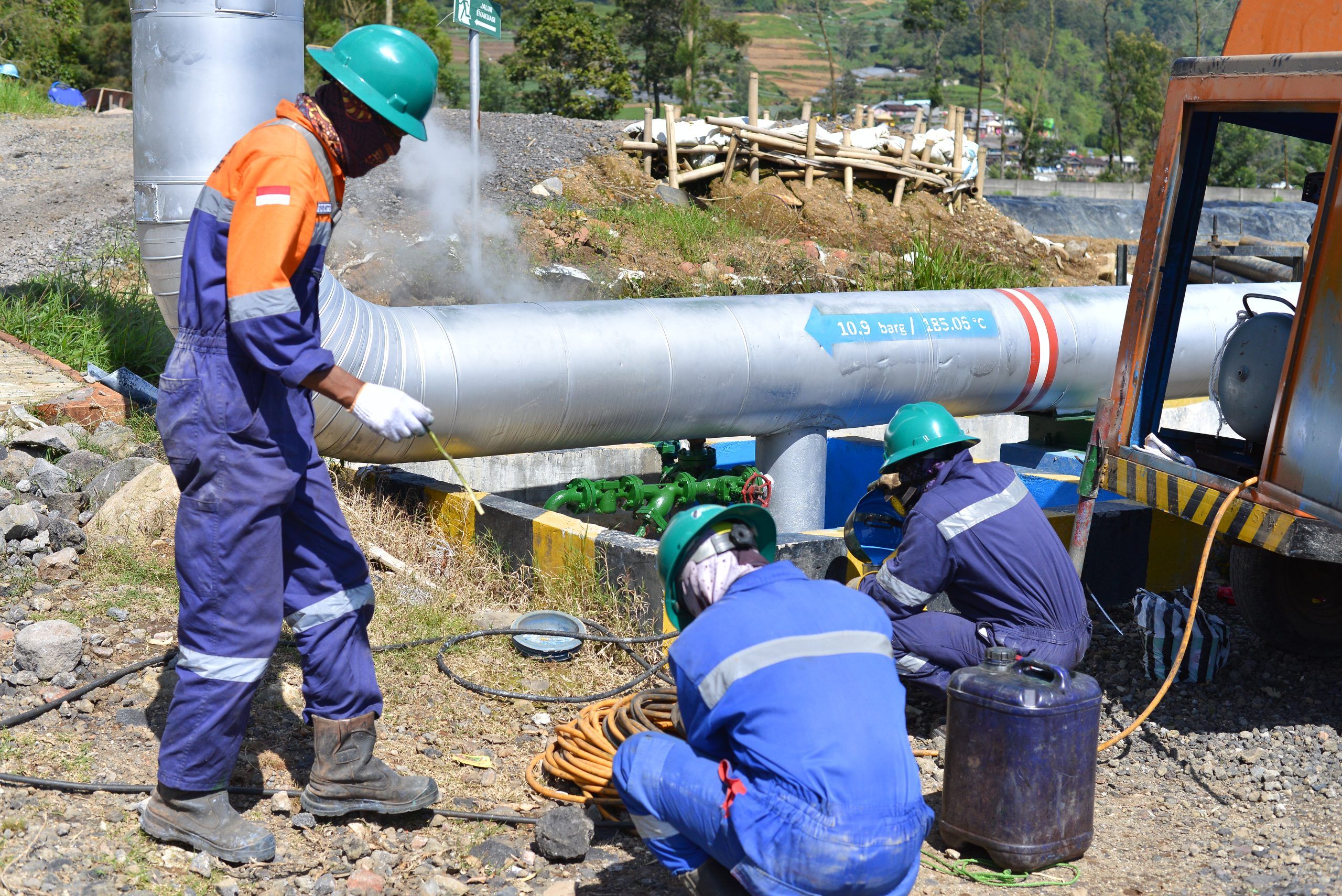Jakarta, 6 November 2024 - The Indonesia Clean Energy Forum (ICEF) and the Institute for Essential Services Reform (IESR) have summarized the discussions from the Indonesia Energy Transition Forum (IETD) 2024 into a set of recommendations for accelerating an equitable energy transition, directed at the Prabowo Subianto-Gibran Rakabuming Raka administration. ICEF and IESR emphasized…






